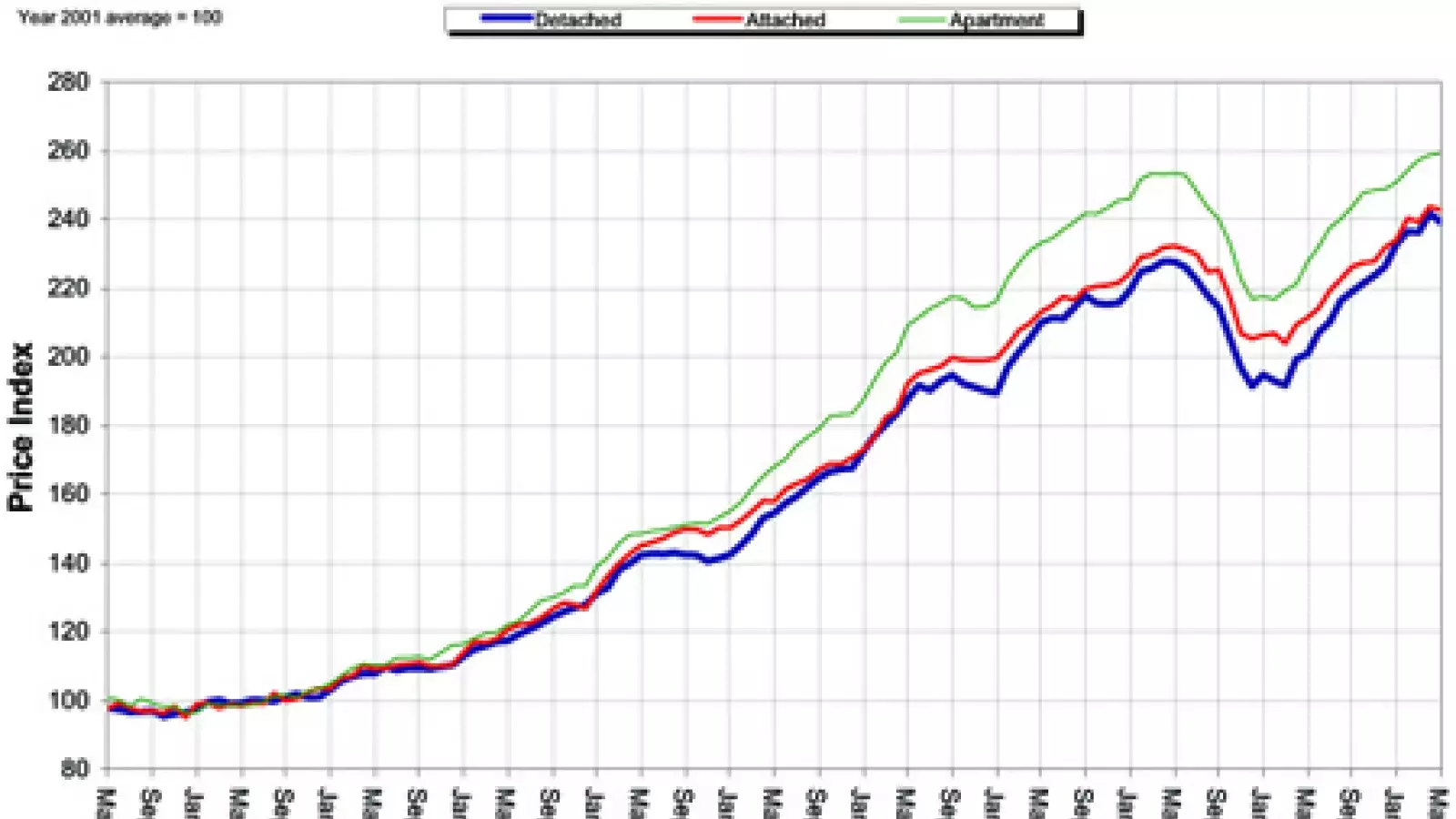In this interesting era of global economic woes and uncertainty, real estate continues to be a hot topic of conversation. What will happen to interest rates? How will HST affect new construction? What will happen to sales and to home prices?
Although nobody, including myself, has a crystal ball, it is always wise to go back and look at the fundamentals of a market to gage where it is and how it could most likely change.
Post-Olympics we had very strong months with sales, listings and prices all easily beating levels of last year. We’ve seen a slight change in the market this past May with a great deal of homes being added to the market and sales slowing slightly. The imbalance was not large however and so prices continue to hold steady or increase somewhat. People are taking longer to make decisions and this is due in part to the added choices as well as buyers being more cautious than they have been in the past to ensure they make the right decision for themselves. What this means is that sellers have to ensure they are presenting their homes in the best manner possible, that improvements to homes are being made, and that design and affordability need to go hand-in-hand as new homes are being built. In reality, everyone wins because buyers can make good, well-conceived decisions with little remorse or pressure and those that go the extra mile to showcase their homes or build them appropriately for today’s buyers will succeed.
So what is selling? Metro-Vancouver typically has two major markets. Our Urban market is the downtown core where we have a great deal of international money, second homes, and investment homes used in the rental pool. Our downtown market in Vancouver is very strong and with it being highlighted on the world stage so recently, don’t expect this to change anytime soon.
Our second major market is the suburban market or in other words, the locals (those that work and live here). Our municipalities are spending a great deal of time and energy on density, sustainability and creating highly walkable, desirable, convenient neighbourhoods. We recently did two events called Brentwood 20/20 and Southpoint 20/20 where city officials in Burnaby and Surrey were invited to speak about the neighbourhood changes happening in our cities. In general, the overall purpose of each municipality is to create lasting, vibrant neighbourhoods for various types of demographics from single, to couples, to families, empty nesters and retirees. The masses are looking for convenience, function and ofcourse, affordability. Those that can find a way to offer it all, will continue to do well. The pioneers or those trying to break into new neighbourhoods will struggle a bit as buyers have more tried-and-true choices.
The good news (even for the pioneers) is that the greater real estate fundamentals in Metro-Vancouver are still in place. Real Estate continues to be looked upon as a mid to longterm relatively safe investment. Home ownership is still important to the majority of Canadians. Metro-Vancouver continues to offer a high quality of life and be revered as a wonderful place to live (most recently May 26, 2010 by Mercer Consulting) and as long as that remains the case, we will see more and more people decide to make BC home.
Although rising interest rates, bank approval requirements and HST will indeed make buying real estate a bit harder in the short-term (particularly for first-timers), we the public continue to adjust because as mentioned, the greater fundamentals are all still in place.
The market will continue to blip along in the short term but the underlying long term trends still indicate positive growth throughout the Metro-Vancouver area.
Cameron McNeill



